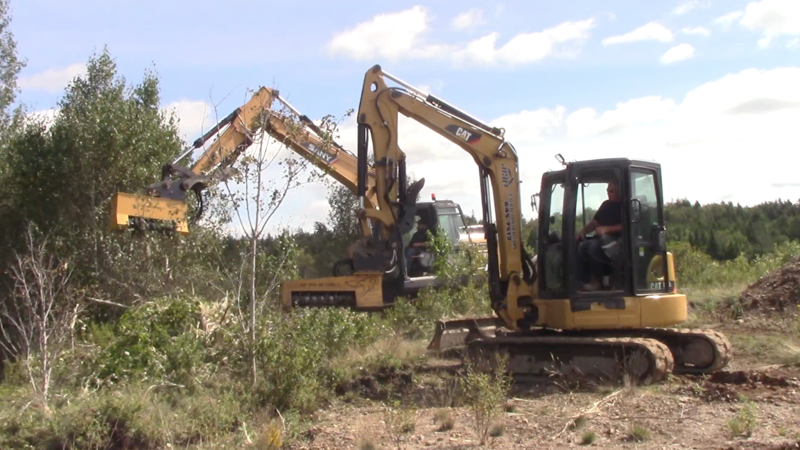Modern electronics are changing the world, but the systems that move all that data can generate a lot of heat. Compounding the situation is the dust and dirt that gets blown around in the effort to keep the electronics cool. Unfortunately, heat and dust will eventually destroy most electronics, especially computer systems.
Controlling the heat on a single computer can be hard enough, but attempting to manage the heat that builds up from servers requires exceptional Data Cooling systems.Data centers come in all types from simple server rooms that house multiple PCs to MERV (minimum efficiency reporting value) rooms designed to limit dust. A quality cooling system takes these environments into consideration and combines a refrigeration system with thorough dust filtration. This is important because dust can collect on the electronic components and cause them to retain heat. Too much heat will reduce the service life of these items and result in expensive repairs and/or the loss of important data.
The first step in creating effective Data Cooling is determining any current requirements. However, it is important to plan for growth because data centers expand as the business grows and no one is in business with the dream of being a minor league player. The type and quantity of equipment can also affect the size of the cooling system. This is because more electronics means more sources of heat. Computer systems such as rack-mounted servers can generate a lot of heat in a small space and this can also affect the design of the cooling system. Protecting data is a vital aspect of computer use and the control of heat is an important consideration. Companies tend to store data on hard drive systems that can be affected by heat. Overheated drives can corrupt the stored data, but heat could also cause a problem that may not be noticed right away. This is the storage of critical information that is damaged before it gets to the drive. This can result in flipped bits or other data corruption. The software may still be able to read from the storage files, but the data is unreliable. One thing to keep in mind is that the cooling system should be separate from the one that cools the building. This ensures better protection of valuable data and electronics. Learn more about cooling and protecting vital information by contacting the experts at domain. You can also like them on Facebook.



